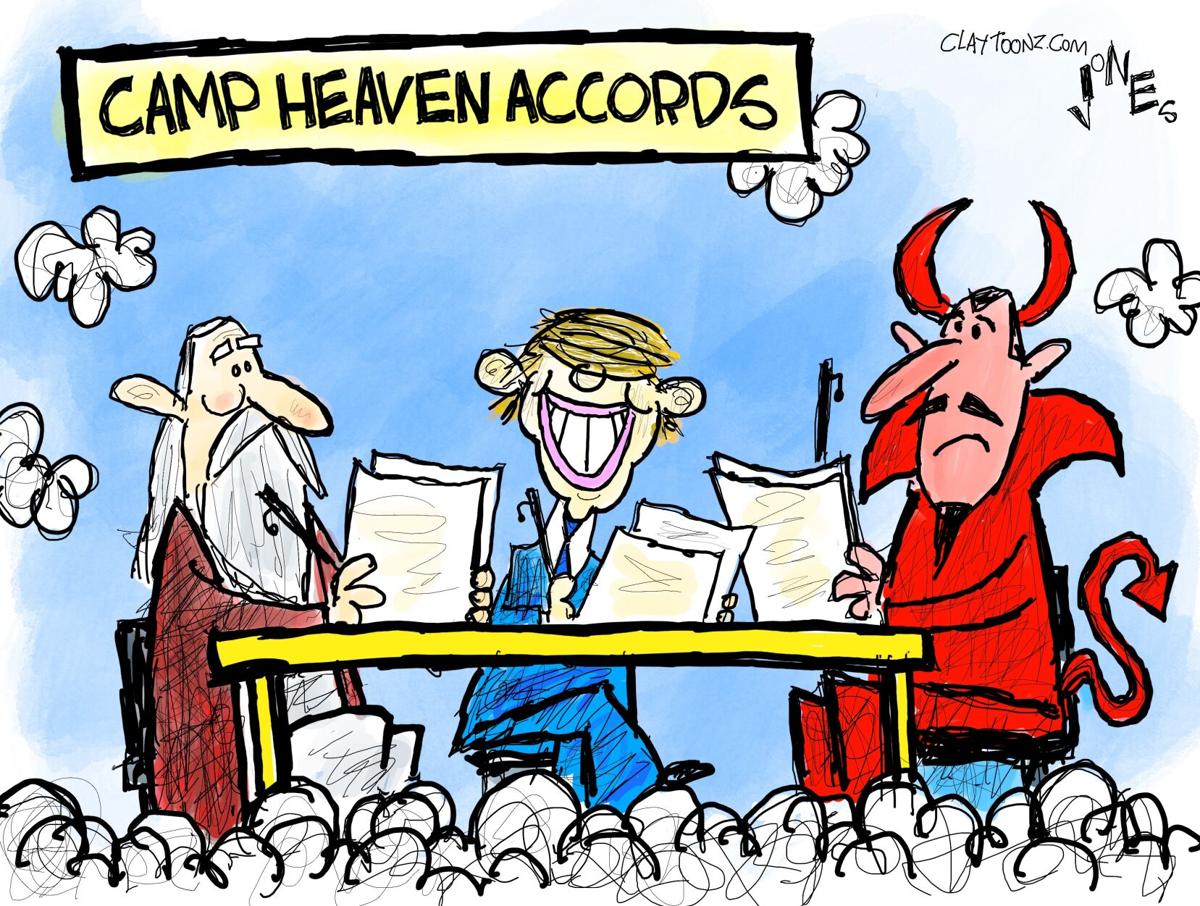Conventional wisdom holds that Jimmy Carter was a failed president who went on to become the greatest former president America has ever produced. But that assessment, so common now that it qualifies as cliche, ignores historic successes prior to the disastrous final year of Carter’s presidency. Among the most important of those successes — helping heal a country riven by war and scandal — demonstrated the political value of Carter’s innate character, decency and (to use a word so commonly misapplied today) morality.
With those elements in such short supply in today’s politics, Carter’s life, if not all of his tumultuous presidency, should be viewed as a useful template. Carter died Sunday at age 100 at his home in Plains, Georgia. In 1976, the former Navy officer, peanut farmer and Georgia governor burst from relative political obscurity to unseat incumbent President Gerald Ford.

Having thus completed the nation’s symbolic break with the traumatic Watergate era, Carter on his second day in office pardoned all draft evaders from the Vietnam War, bringing crucial closure to that corrosive conflict. In a domestic policy focused on making government more responsive (and less threatening) to its citizens, Carter ushered in landmark civil service reforms; put controls on the ability of government to spy on citizens; prioritized education, energy and emergency assistance with the creation of Cabinet-level departments; and deregulated airlines, lowering ticket prices an.

























